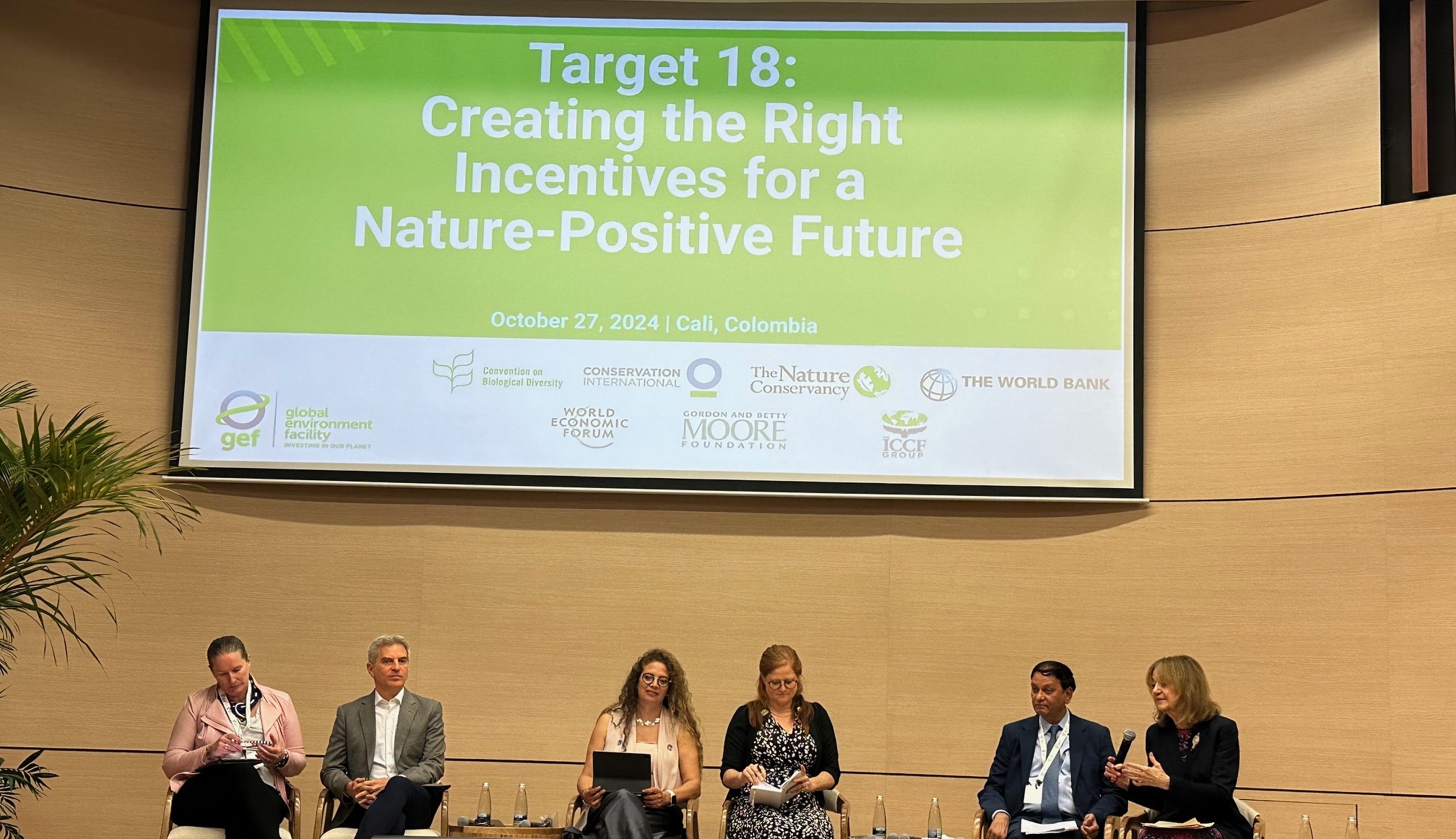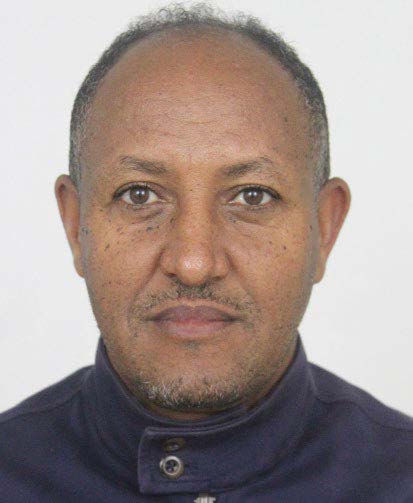Search Results
Showing 1 - 20 of 233
233 results found

STAP Chair's opening remarks at the ninth Global Environment Facility Replenishment Technical Advisory Group Meetings in Washington, DC.

The Scientific and Technical Advisory Panel (STAP) will participate in the GEF Technical Advisory Group (TAG) meetings in Washington, D.C., from February 18 to 20, 2025.
test

Aderiana Mbandi is an atmospheric scientist with a bachelor’s and master’s degree in chemical engineering and a doctorate in Environmental Sciences.

The GEF bulletin by the International Institute for Sustainable Development (IISD) has published

The Scientific and Technical Advisory Panel (STAP) team is fully participating in the one weeklong 68th Global Environment Facility's (GEF) Council meeting that kicked off on 16 December.

On December 16 - 20, 2024, representatives of the Global Environment Facility's recipient and donor countries will meet virtually to consider more than $650 million for the management of chemical pollutants, climate adaptation needs, and other ecological challenges, including an expansion of support for Indigenous- and community-led environmental stewardship.

Drought, intensified by climate change, has become a significant global challenge with profound environmental and socioeconomic consequences. It disrupts ecosystems, deteriorates soil health, accelerates biodiversity loss, and increases greenhouse gas emissions.

Report of the Chair of the Scientific and Technical Advisory Panel to the 68th GEF Council Meeting

Why drought resilience matters for the global environment Date: December 5, 2024 Time: 1:00 PM - 2:30 PM

In February 2024, the GEF Council adopted a GEF Risk Appetite that described the level of risk the GEF is prepared to take in its ambition to achieve global environmental benefits.

With climate change intensifying, drought is emerging as a critical global challenge.

Between March and June 2024, STAP undertook an extensive consultation process culminating in its initial thoughts and advice for the GEF-9 replenishment period.

The GEF has a long history of using community-based approaches (CBAs) to achieve environmental outcomes across its diverse focal areas and special programs. CBA projects have been shown to deliver positive environmental outcomes, as well as socioeconomic co-benefits, including increased food security, better access to water and sanitation, enhanced educational attainment, and income increases.

Dr. Sandy Andelman is a conservation scientist, with over 30 years of experience designing and implementing local- to global-scale initiatives at the intersection of science, policy and practice across Africa, Asia, Latin America and the United States.

Dr. Rosina Bierbaum, the STAP Chair, is pleased to announce the appointment of Dr. Sandy Andelman as the new STAP Panel member for the Global Environment Facility Biodiversity focal area.

Rosina Bierbaum, the STAP Chair, is delighted to announce that Dr. Jon Barnett has been appointed the new STAP Panel Member for Climate Change Adaptation, effective June 1. 2024.

Photo caption: High-Level Panel during the Target 18 event.

Anne Musotsi is a Programme Management Assistant with the Scientific and Technical Advisory Panel (STAP) focusing on Communication, Knowledge Management and overall Programmatic support to the STAP Panel and Secretariat on cross-cutting topics.

Dr. Ermias Betemariam is a land health scientist at the Centre for International Forestry Research – World Agroforestry (CIFOR–ICRAF). His research focuses on land degradation and restoration, soils, and spatial science to understand land health constraints, target interventions, and influence policy.
Showing 1 - 20 of 233




